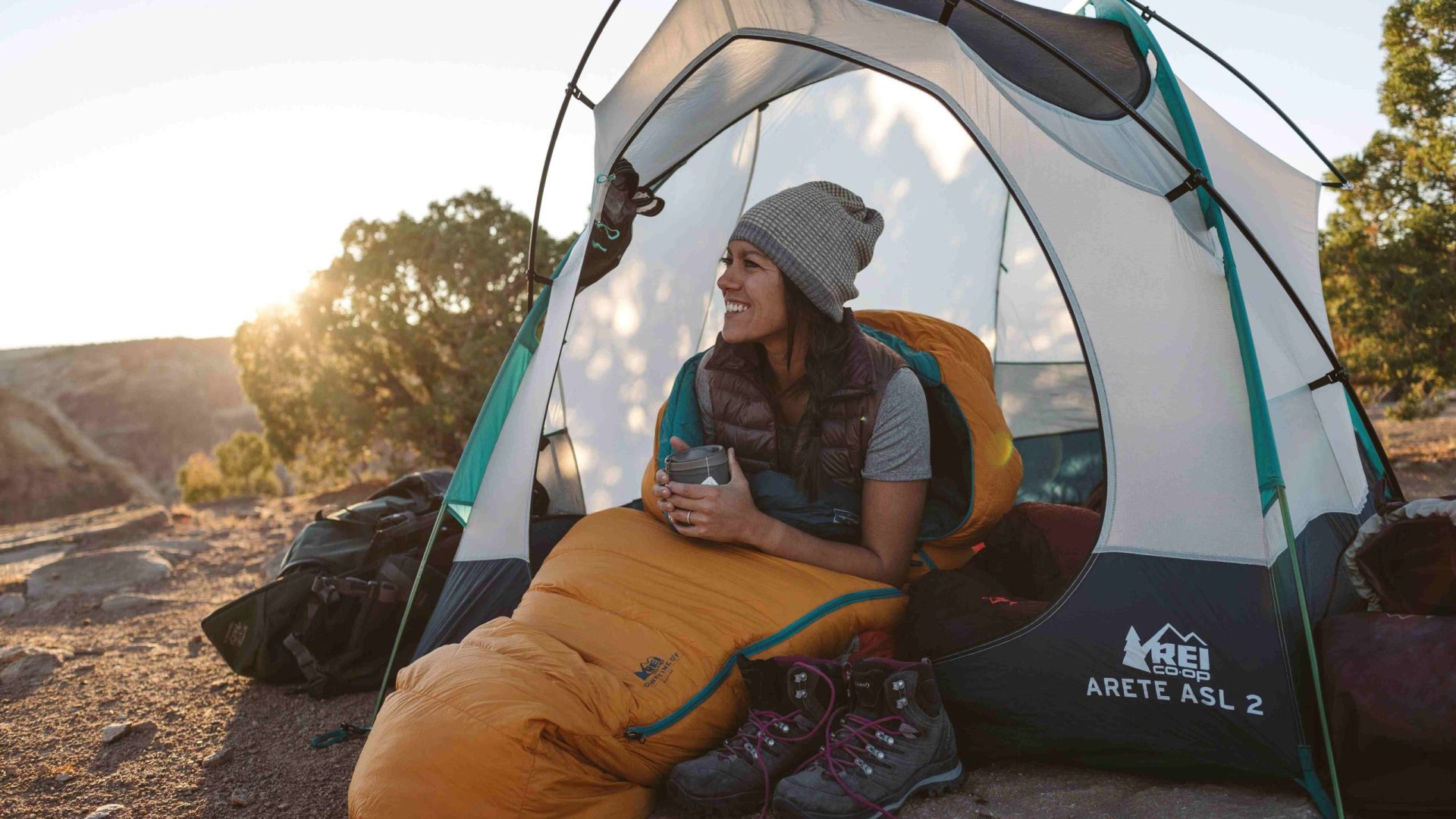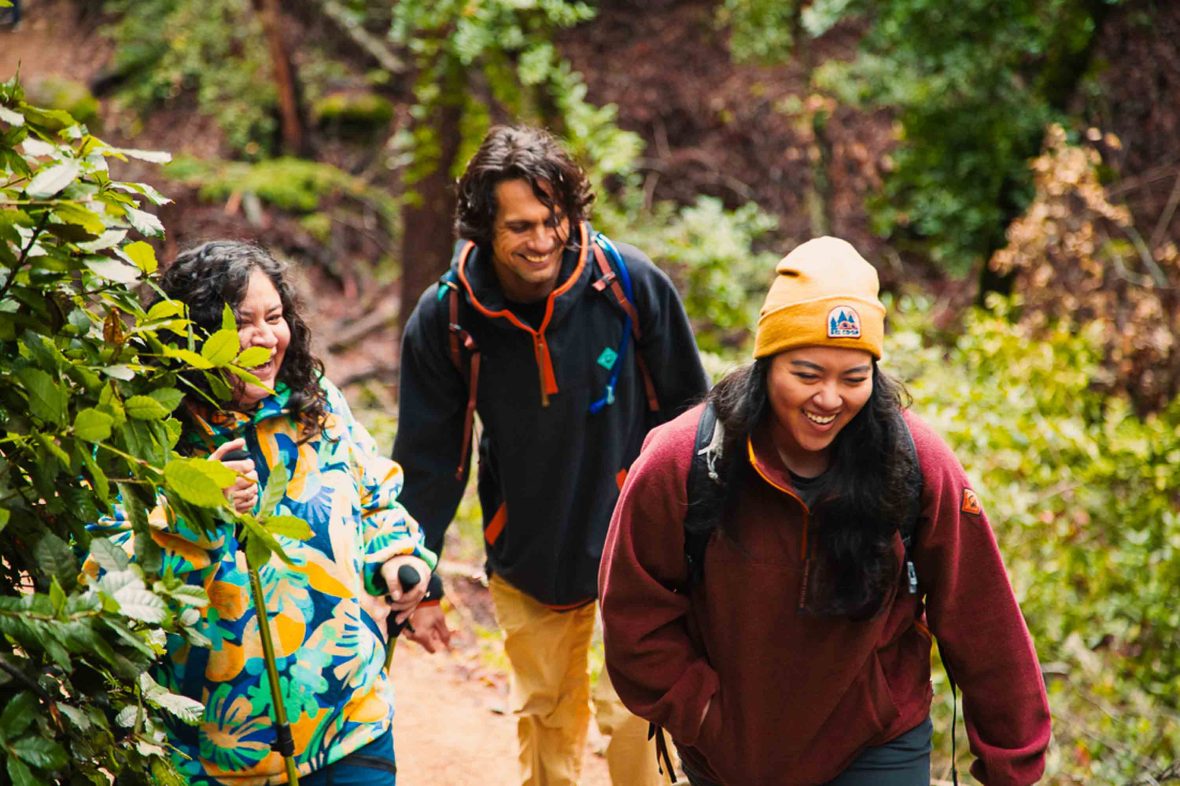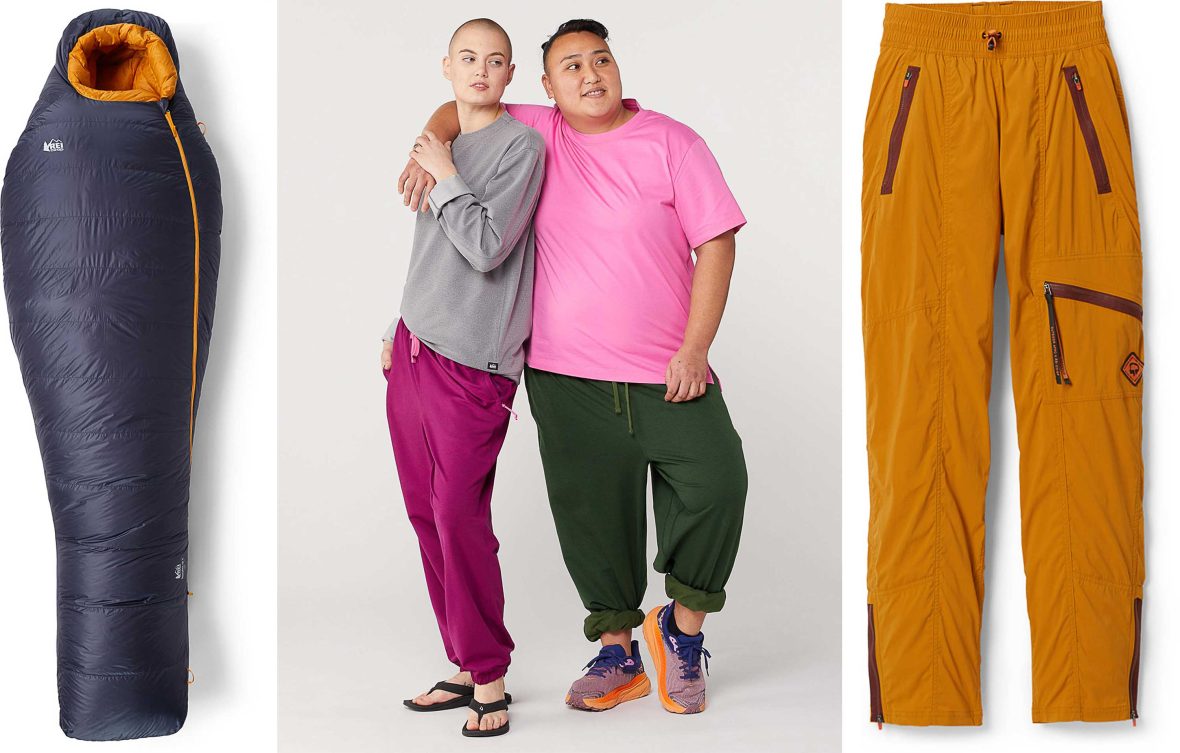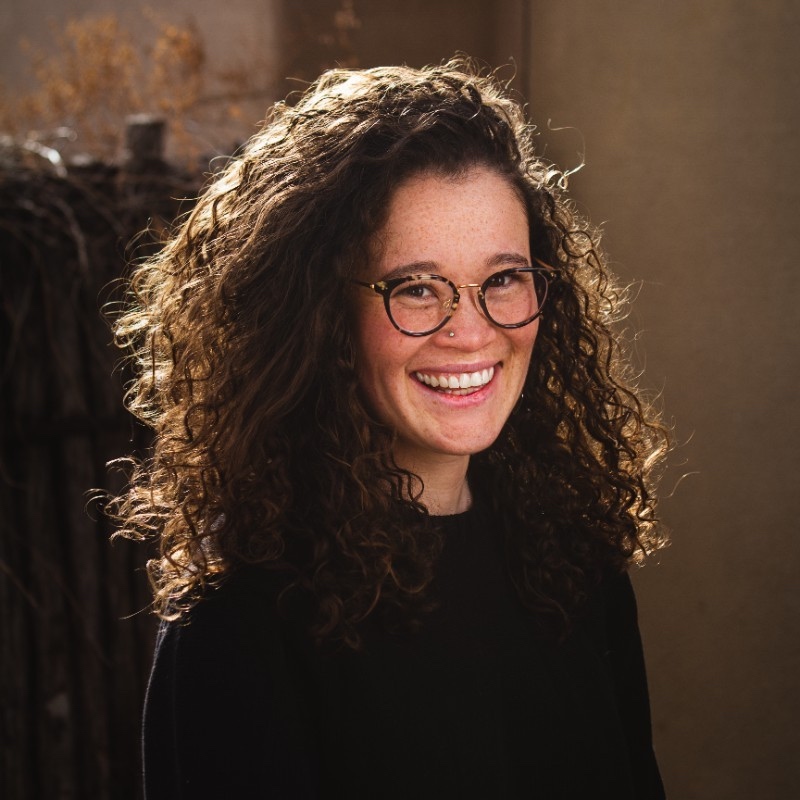
In the US, one national retailer is using its clout to hold every single brand it stocks to higher standards of social and environmental responsibility. For eco-minded shoppers, that’s a very good thing indeed.


In the US, one national retailer is using its clout to hold every single brand it stocks to higher standards of social and environmental responsibility. For eco-minded shoppers, that’s a very good thing indeed.
This is the perennial problem of greenwashing: It works. People want to feel like they’re doing the right thing and making a difference, and so we’re often happy to pay an extra dollar or two if we think we’re buying something that’s better or safer in some way.
But behind the scenes, the brands making all that stuff and the retailers selling it know a lot more about their impact than we do. And increasingly, one US company appears to be exerting its power in the fragile manufacturer-vendor relationship to change the world—for good.
REI is a giant, and a force to be reckoned with. By one estimate, there are 61 million American hikers. There are 23 million lifetime members of the REI Co-Op (including this author).
Recently, the Co-op updated its Product Impact Standards, raising the bar for sustainability and inclusivity standards for the brands it sells. In order to sell their products at the Co-op, manufacturer partners must meet all relevant standards—or get there quickly, if they’re not already there.
“We want our members and our customers to know when they walk into an REI store, or shop with us online, that we’ve done a lot of the heavy lifting behind the scenes,” Greg Gausewitz, senior manager of product sustainability, said in a recent press conference. “[We’re] engaging with brands to make sure that they’re aligning with these social and environmental best practices.”
Among the standards are requirements for brands to ensure their apparel, footwear, sleeping bags, backpacks, ski wax, gear and apparel treatment products, and tents are free of long-chain PFAS chemicals, which are harmful to both humans and the environment. New for this year, all cookware and textile products must also be free of these chemicals. REI is also asking its brand partners to measure their annual greenhouse gas emissions and set targets by the end of 2024 to reduce them.
By forcing brands to adhere to these rules in order to sell their wares with REI, the retailer is effectively pushing the industry to conform to a new sustainability standard years ahead of government regulations. While the US and European Union have considered banning PFAS chemicals at least in some applications, there have yet to be widespread governmental restrictions of their use in apparel.
Many small gear companies don’t have the budget to staff a full-time sustainability coordinator, and REI says its standards help fill that role.
In previous versions of the standards, REI asked brand partners to make sure their wearable products were available in inclusive colorways, such as ensuring that anything marketed in a ‘nude’ shade is available in a range of skin tones. New for this year, REI has asked brand partners to make headwear compatible for higher-volume and textured hair. Brands must also offer at least one sample size outside the standard size range for marketing photography, to ensure better representation of different body sizes—and all products should be the same price, regardless of size.
“We make it very clear up front that aligning with our Product Impact Standards is a core expectation of doing business with REI,” Greg Gausewitz, senior manager of product sustainability, said in a recent press conference.

Ultimately, the retailer’s goal is to be a place where customers can trust that someone else has done the hard work of vetting whether a product is sustainable enough to purchase responsibly.
Many small gear companies don’t have the budget to staff a full-time sustainability coordinator, and REI says its standards help fill that role. “We’ve heard they may not even know where to get started,” Gausewitz said. “So having something like our Product Impact Standards to give them structure, and something to align with, can be really helpful.”
REI unveiled the first iteration of its Product Impact Standards in 2018. At the time, they elicited both cheers and groans from the industry. The expectations were high, and because of REI’s gravitational pull for brands of all sizes, choosing to ignore them would have been bad business.
The Co-op was founded in 1935 by Lloyd and Mary Anderson, who wanted a better, more affordable way to buy mountaineering gear. Nearly 90 years later, it accounts for about 7.4 percent of the total revenue of hiking and outdoor equipment. That is some serious leverage. For fledgling brands, it can be a make-or-break partner: Nail a partnership with REI early on, and you’ll have clout you can use to break into other stores nationwide. Miss the mark, and you could be doomed to obscurity.

Since the standards first debuted, REI reports that over 100 brands representing more than 60 percent of the Co-op’s annual sales have measured their emissions and set targets for reduction. And more than 400 brands reported using REI’s “preferred attributes,” which include voluntary certifications for fair trade practices, animal welfare, sustainable chemicals, recycled materials, and more.
New for this year, REI has also expanded its work on size and gender inclusivity. In addition to updating its standards, the retailer debuted its own new, genderless apparel collection with a more comprehensive sizing chart, including shoulder and arm measurements. All retail staff nationwide have received new training to ensure they don’t inadvertently misgender people by pointing them to the wrong side of the store, Nani Vishwanath, senior program manager of racial equity, diversity, and inclusion innovation, said during the press conference.
“When someone comes into an REI and is directed to the wrong side of the store, that’s not the experience we want to foster,” she said. “We want to foster one where people feel safe and known and seen.”
***
Adventure.com strives to be a low-emissions publication, and we are working to reduce our carbon emissions where possible. Emissions generated by the movements of our staff and contributors are carbon offset through our parent company, Intrepid. You can visit our sustainability page and read our Contributor Impact Guidelines for more information. While we take our commitment to people and planet seriously, we acknowledge that we still have plenty of work to do, and we welcome all feedback and suggestions from our readers. You can contact us anytime at hello@adventure.com. Please allow up to one week for a response.

Kassondra Cloos is a travel journalist from Rhode Island living in London, and Adventure.com's news and gear writer. Her work focuses on slow travel, urban outdoor spaces and human-powered adventure. She has written about kayaking across Scotland, dog sledding in Sweden and road tripping around Mexico. Her latest work appears in The Guardian, Backpacker and Outside, and she is currently section-hiking the 2,795-mile England Coast Path.








Can't find what you're looking for? Try using these tags: